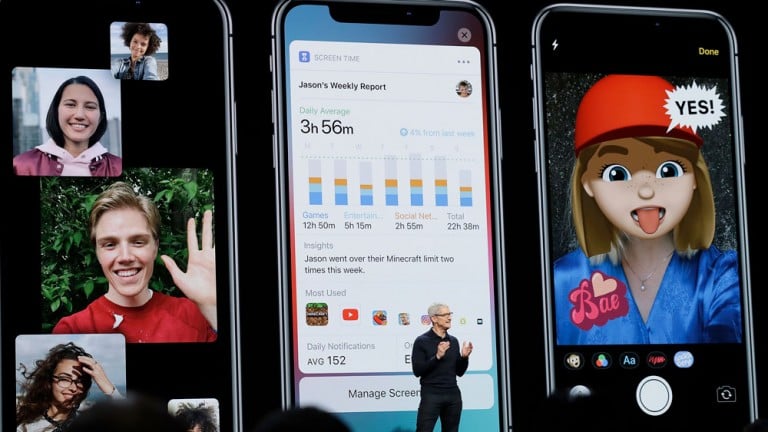Apple has removed or restricted at least 11 of the 17 most downloaded screen time and parental control apps over the last year, according to the New York Times and app data firm Sensor Tower.
What’s happened: Since Apple created its own screen time tracking app, it’s been systematically removing apps offering similar services from its App Store, or forcing them to remove features that let parents control their kids’ devices.
Competing claims: It looks like Apple is using its powerful role as gatekeeper to restrict its competitors. However, the company claims it’s “a matter of security.” Specifically, it says they were removed because they were using a “highly invasive” technology called mobile device management (MDM). MDM lets third parties control a device. It’s common for businesses to install MDM on enterprise devices, but Apple says it’s “incredibly risky” for private firms to install MDM on a customer’s device, and that the practice violates their policies. It can provide hackers with a route into devices.
Timing: Apple strongly denies that its behavior is anti-competitive, and says the timing of its decisions wasn’t related to the fact it introduced similar tools. Without access to Apple’s internal decision-making, it’s difficult for us to be certain about what’s really going on.
We will learn more thanks to a complaint filed by two parental control apps, Kidslox and Qustodio with the European Union’s competition office last week. Either way, it’s a timely reminder how much power the company has over the fortune of others, just as politicians in the US are starting to mull whether to break up and/or regulate big tech firms.
Sign up here to get your dose of the latest must-read news from the world of emerging tech in our daily newsletter The Download.

